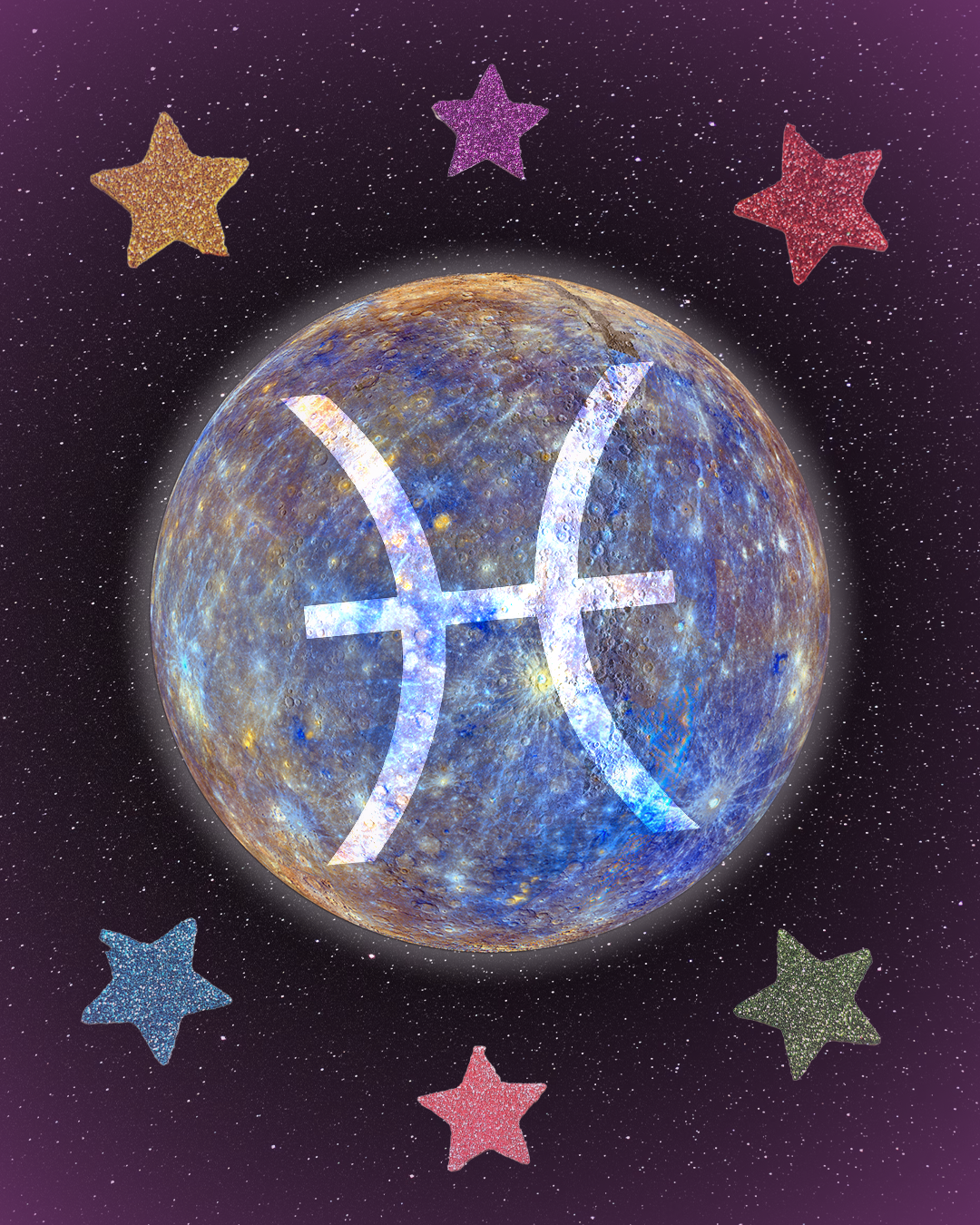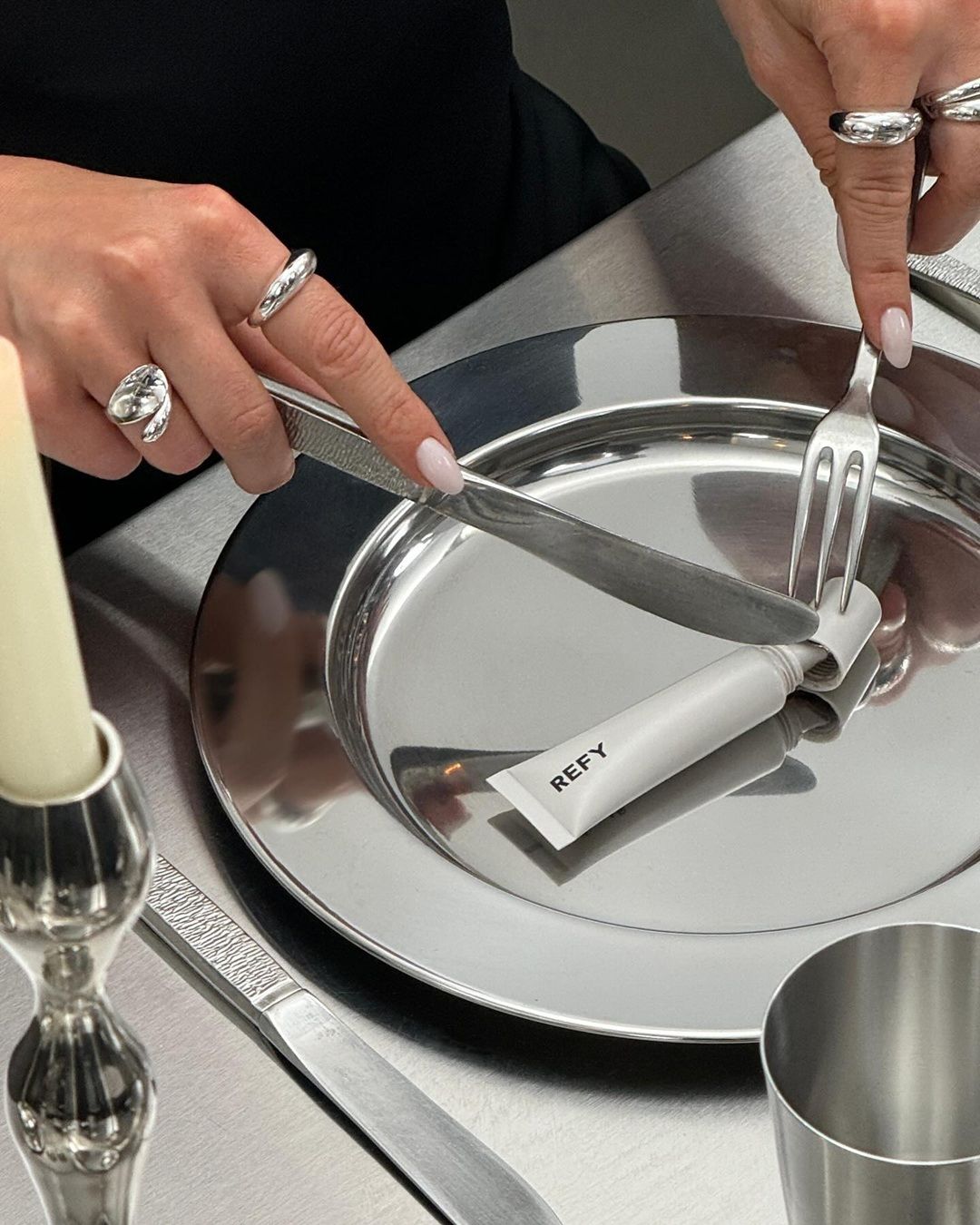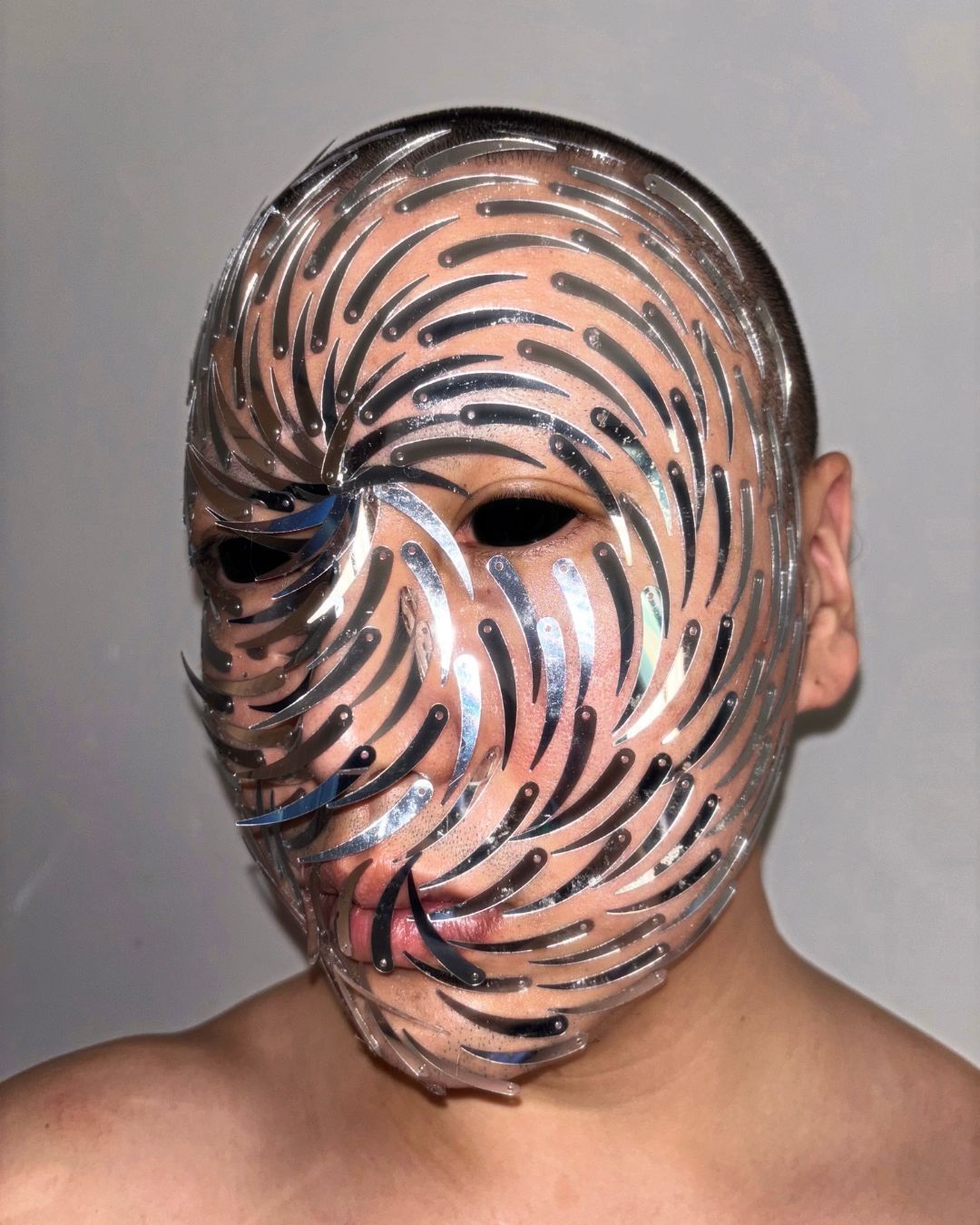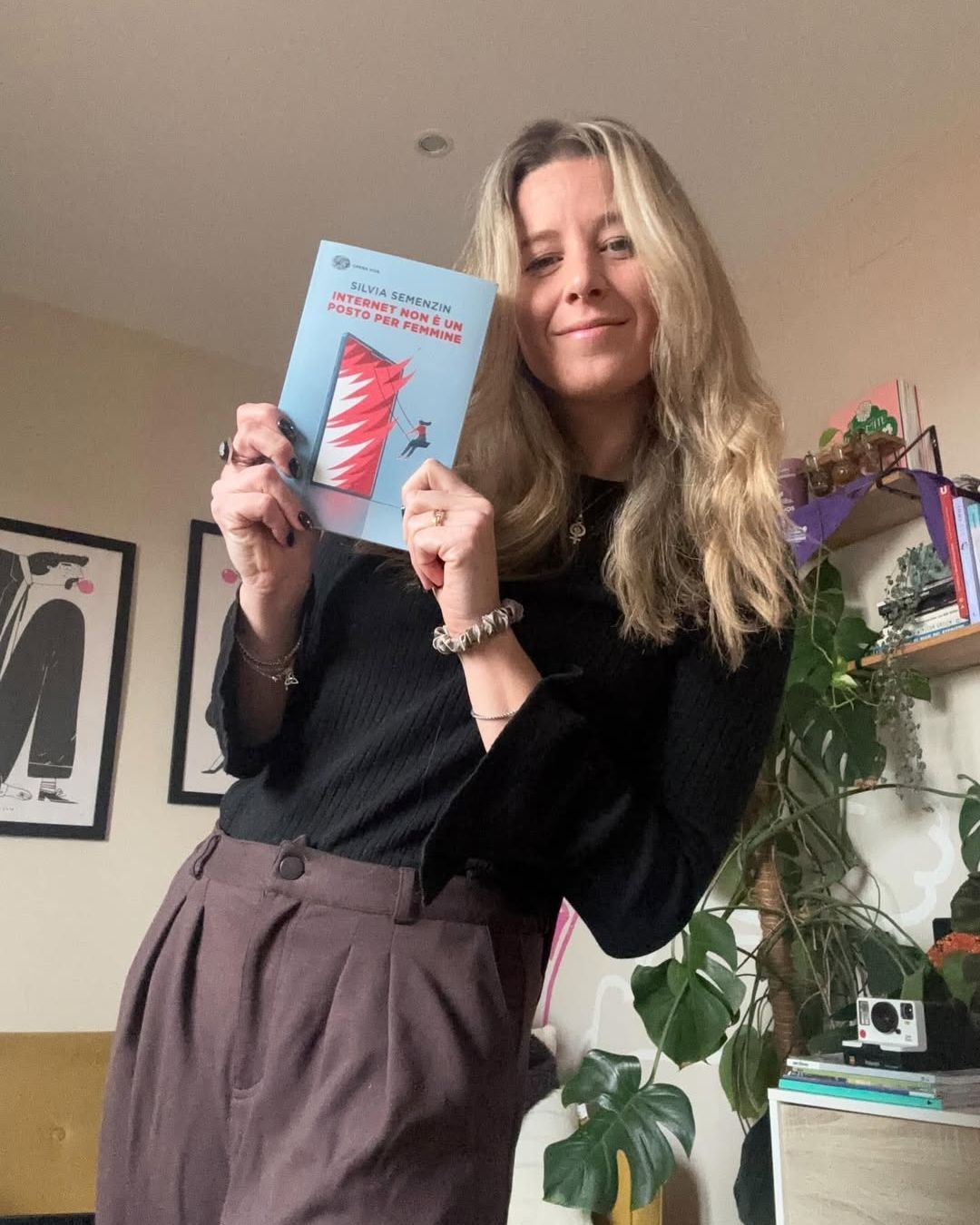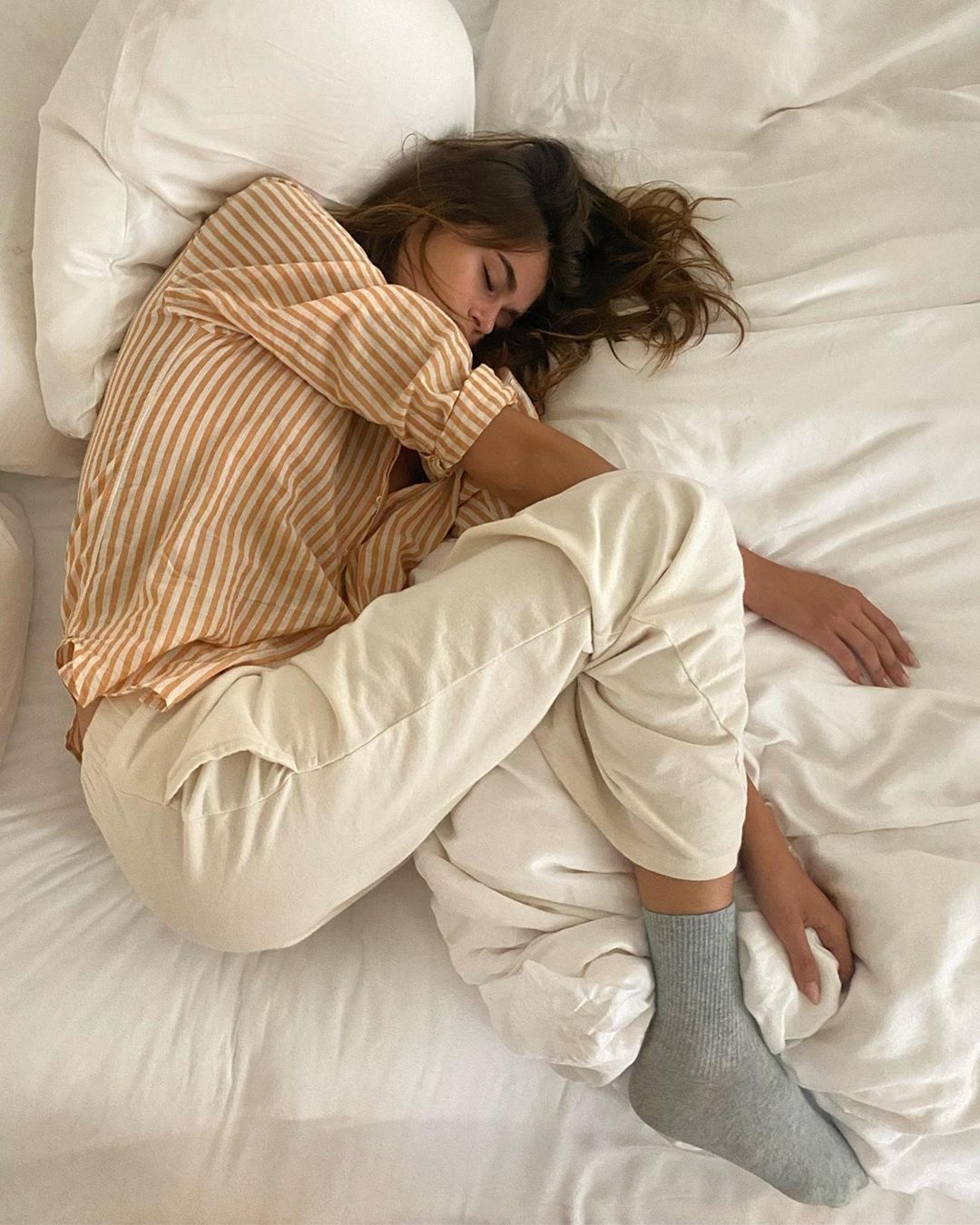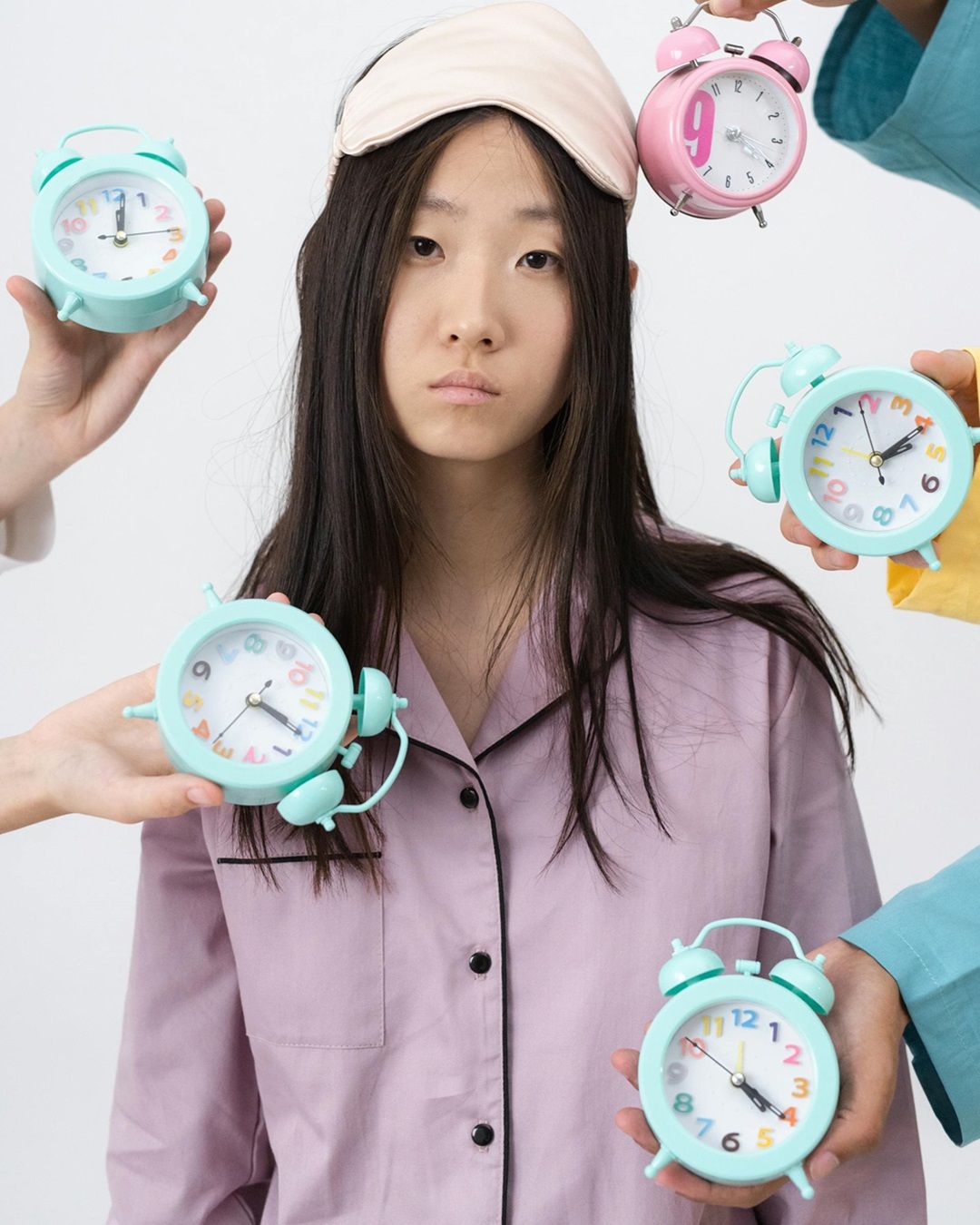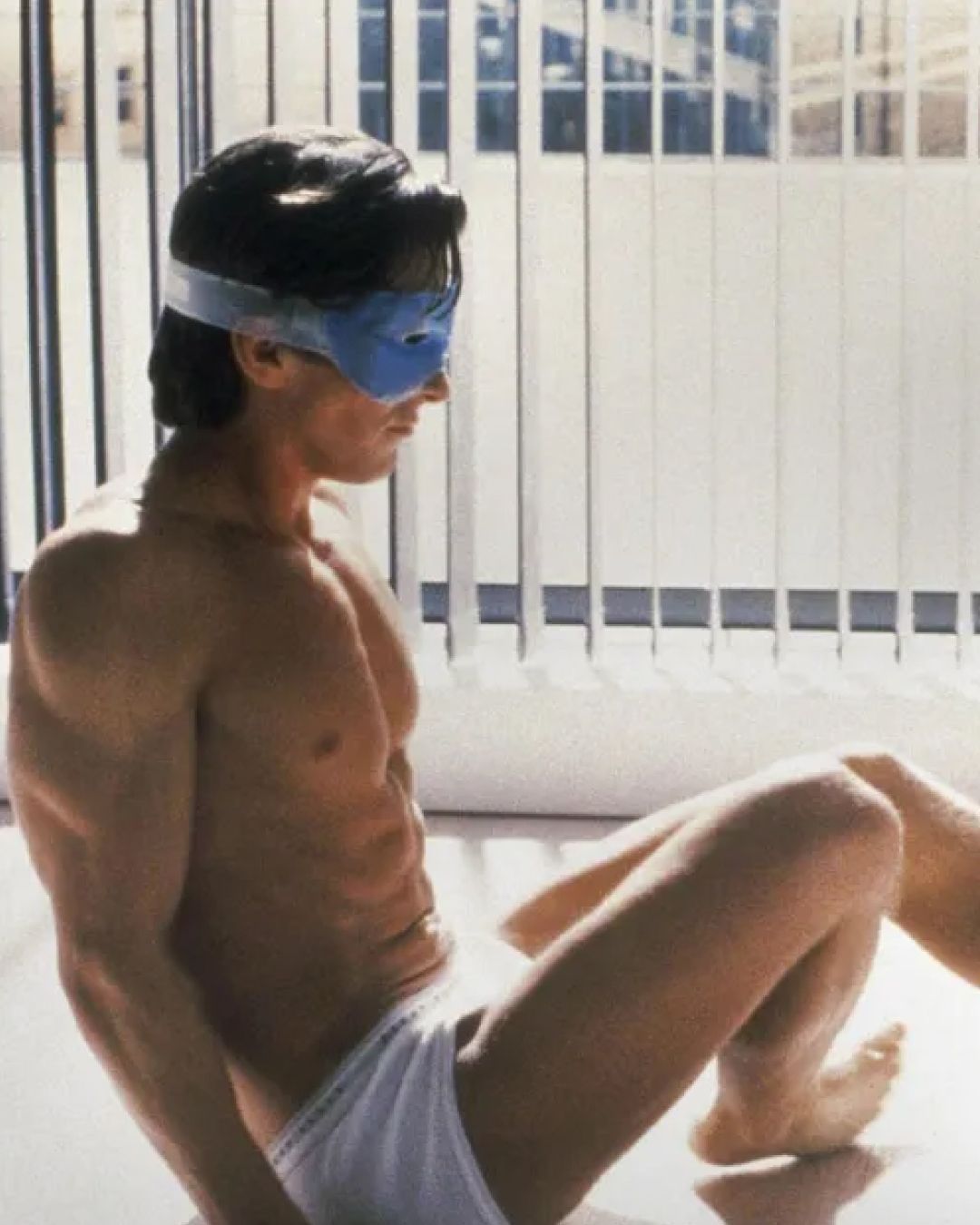
Waking up early is a false myth It doesn't necessarily make us more productive
The tendency to be a morning person, that is, to wake up early in the morning, is generally seen as a virtuous trait, synonymous with success and a balanced, healthy lifestyle. It’s a deeply rooted belief, widely shared among the population—largely because it has very ancient origins. In recent years, this belief has been reinforced by the growing attention paid to the morning routine, fueled by social media. The reasons are manifold. First of all, the pandemic experience has made working from home more widespread across various sectors, especially in tech. In this context, motivational content has multiplied on major platforms, pairing a fanatical vision of work with the supposed necessity of becoming a morning person. Recently, the Wall Street Journal also addressed the issue in an article titled “4 a.m. Wake-Ups Are No Longer Just for Super-CEOs”, explaining that “in the race for productivity,” morning routines are becoming increasingly extreme—even among young people. Essentially, this trend no longer affects only top-level corporate workers but is also spreading among those who could easily do without it. However, as the Washington Post reports, the belief that waking up early is inherently better stems from the naive assumption that the opposite would automatically hinder career (or even life) goals. But in reality, this is not the case at all, and solid scientific foundations support that claim. In humans, sleep is regulated largely by so-called circadian rhythms—the cycles that govern various physiological processes over 24 hours, which are themselves influenced by the body’s response to light and darkness. These rhythms vary slightly from person to person, which is precisely why energy levels and fatigue fluctuate throughout the day in ways that differ for everyone. This is also why people have entirely subjective tendencies to sleep at different times of the day—a trait that is generally quite stable in each individual over time.
Is it better to be a “morning person” or a “night owl”?
Most people around the world fall somewhere in between being “morning people” and “night owls”—the two extremes defined in sleep studies. The former tend to need to go to bed early without waking up late, while the latter are those who usually go to sleep more calmly and prefer to wake up without rushing. Content that promotes the idea that waking up early automatically makes one a better person or professional often carries a moral judgment against late risers, as pointed out by the American publication Vox. A study conducted in the U.S. and published in 2022 also showed that there are negative biases toward people typically labeled as night owls. Yet in many cases, the effort to wake up early may not only be futile but can even have harmful effects on individuals, causing increased frustration. Paradoxically, night owls who force themselves to wake up early may be significantly less focused—and therefore less productive—in the early hours of the day, precisely because the habit of waking up is influenced by biological factors that are not entirely under individual control. Forcing oneself to get up early does not magically turn someone who is naturally not a morning person into someone who is “biologically” inclined to be one, as emphasized by the New Yorker. To support a morning routine, the U.S. magazine rather recommends understanding and accepting one’s natural waking habits, especially since trying too hard to “function better” in the morning can backfire if one is biologically more inclined to rest. Ultimately, the New Yorker reiterates that night owls are not necessarily less virtuous than morning people—particularly if they are fortunate enough to have a flexible job that allows them to choose when to wake up.



